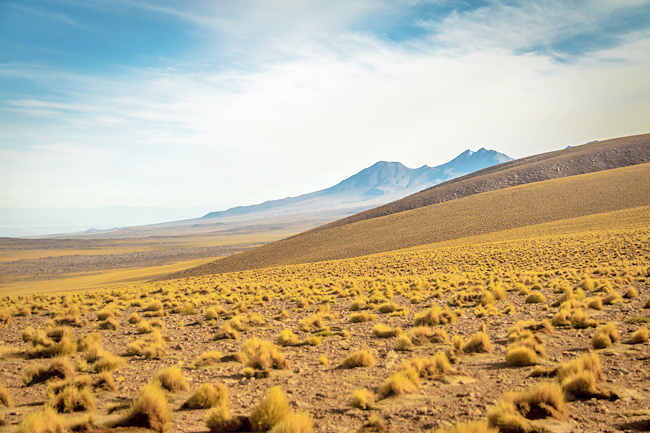SYDNEY (XINHUA) – A new research led by the University of New South Wales (UNSW Sydney) has found that reduction in decaying vegetation can significantly impact the desert food chain, revealing another negative disruption caused by excessive grazing.
The study, published in the Ecosystems journal in December last year, looked at brown food webs in an arid region of South Australia, which are based on the consumption of dead or decaying vegetation by detritivores, such as termites or earthworms.
Researchers investigated the effects that grazing by kangaroos, whose population had irrupted partly due to the absence of an apex predator, has on the brown food web in an arid environment.
By comparing the cover of living and dead vegetation, the abundance of detritivorous termites, and their predators inside a herbivore exclosure to nearby control plots, they concluded that there were more vegetation, termites and small vertebrate predators of termites, like lizards and dunnarts, inside the enclosure where kangaroos were absent.
“We found that less dead biomass due to overgrazing herbivores can lead to a reduction in termites,” lead author and PhD student from UNSW Sydney Baptiste Wijas said on Monday.
“Fewer termites, the principal decomposers in these environments, could ultimately result in a reduction in the number of lizards and small mammals in arid ecosystems, as many of these small vertebrates feed on termites,” Wijas noted.
Though overgrazing can dramatically change ecosystems of the green food webs, the research team highlighted that the impact of excessive grazing on the cover of dead vegetation hasn’t been extensively studied.






